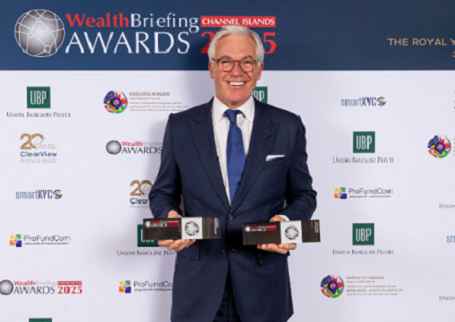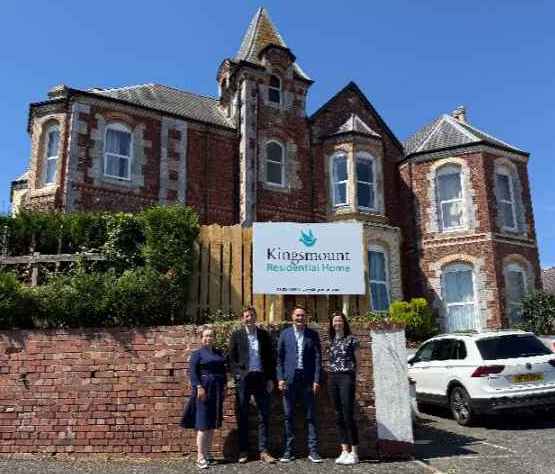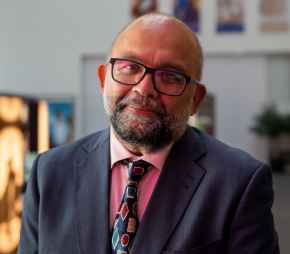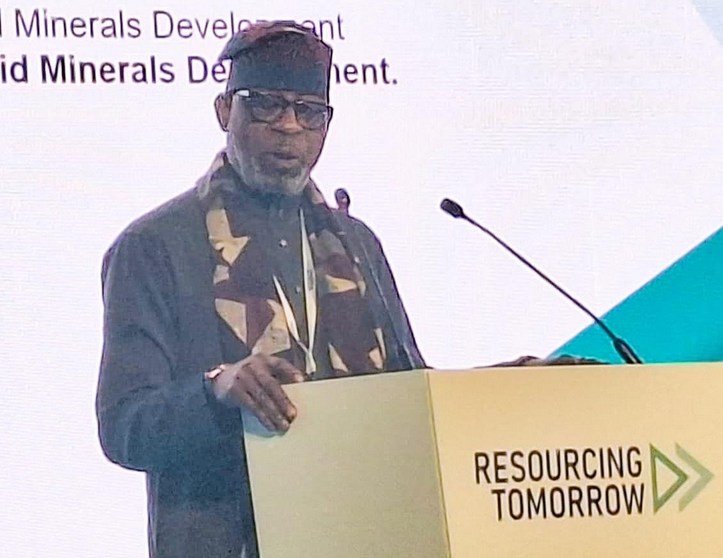VisitEngland has today announced the latest projects to receive funding from the Discover England Fund for tourism product development.
The two large scale bids, worth up to £1 million, will target European visitors and enhance England’s competitive tourism offer.
VisitEngland Chief Executive Sally Balcombe said: “The Discover England Fund continues to raise the bar of England’s tourism offer creating diverse and unexpected products for the consumer market. From cycle routes in Yorkshire and Lincolnshire to a touring route along the East of England, the fund is creating tailor-made packages targeting markets and driving the value of tourism throughout the country.”
The successful projects follow the 38 bids that have secured funding to date from the Discover England Fund.
East of England Touring Route, led by NewcastleGateshead Initiative
This bid will target the German market and create a 300-mile touring route that spans the length of Eastern England from London to Northumberland. Packaging up well-known destinations with those that are off-the beaten track the project will develop itineraries that include attractions, accommodation options, places to eat and activities to provide a rich cultural and quintessentially English experience.
Cycle England, led by Welcome to Yorkshire
Cycle England will develop cycling tourism breaks aimed at the Dutch and German markets. Led by Welcome to Yorkshire, the initiative will bring together bookable, end-to-end cycling holiday experiences across Yorkshire and Lincolnshire and will target visiting cyclists of all levels.
The three-year £40 million Discover England Fund, which runs from 2016-19, improves England’s competitive tourism offer by building world-class, bookable tourism products and getting them to the right international customers at the right time, benefitting the domestic market and making it easier to explore the country. In Years 2 and 3, the fund is supporting destination-led collaborative bids worth more than £1million, and a series of pilots. It continues to fund existing Year One projects that demonstrated early success.
















